Arizona's #1 Fastest Growing Pool Company



FAQ Section
Trustworthy
Quality Focused
Financing Available
Locally Owned

Phoenix's #1 Trusted
Pool professionals
WHERE EXCELLENCE IN POOLS MEETS UNPARALLELED SERVICE
Trustworthy
Locally Owned
Quality Focused
Financing Available
COMMON QUESTIONS
How long has Triton Been Around?
We've been around for over 10 years. We have been in the service industry in the Phoenix Valley for over 25 years and counting. We strive to provide the best quality service to all customers in the Phoenix Metro area and our reviews show just that. Reputation is our #1 priority and we want to make sure we provide the best service with the best warranty.

What makes Triton different?
Triton makes things different by trying to put the customer first, meaning we've done things with you in mind. For example one of those things being equipment pricing, we've outsourced our own Pumps, & Salt Cells to ensure we give you the best possible product with the best warranty in the industry.
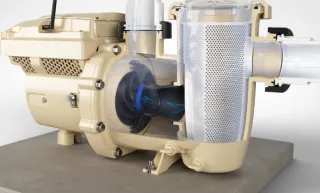
How often should I have my pool equipment looked at?
Getting your pool equipment look at regularly is the equivalent of getting an oil change. We recommend getting your pool equipment tuned up and inspected once a year usually before summer or during the winter months.
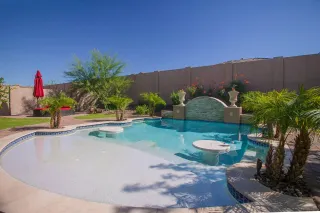
Why is my pool pump making strange noises?
Strange noises from your pool pump can indicate various issues, such as worn-out bearings, debris stuck in the impeller, or air leaks in the suction line. It's essential to address these issues promptly to prevent further damage and maintain optimal pump performance.
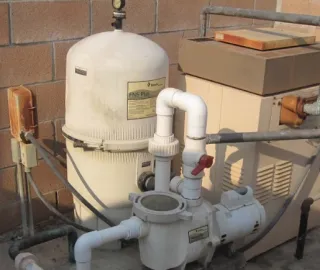
How often should I run my pool pump?
The recommended runtime for a pool pump depends on factors such as pool size, bather load, and climate. As a general rule, running the pump for 8-12 hours per day during the swimming season helps maintain proper circulation and filtration.
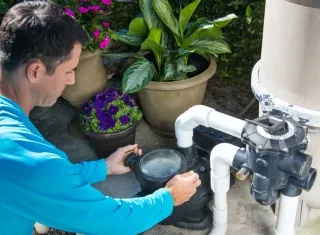
What is the difference between a single-speed and a variable-speed pool pump?
Single-speed pumps operate at a fixed speed, while variable-speed pumps allow you to adjust the speed to match your pool's needs. Variable-speed pumps offer greater energy efficiency and quieter operation, making them a popular choice for pool owners looking to reduce energy costs.
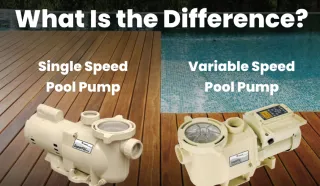
How can I troubleshoot common pool pump problems?
Common pool pump problems such as low flow, leaks, or priming issues can often be resolved through simple troubleshooting steps like checking for clogs, inspecting seals and gaskets, and ensuring proper water level. If troubleshooting doesn't resolve the issue, it's best to consult with a professional pool technician for further assistance.
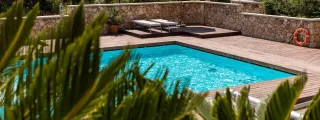
INFORMATIONAL ARTICLES
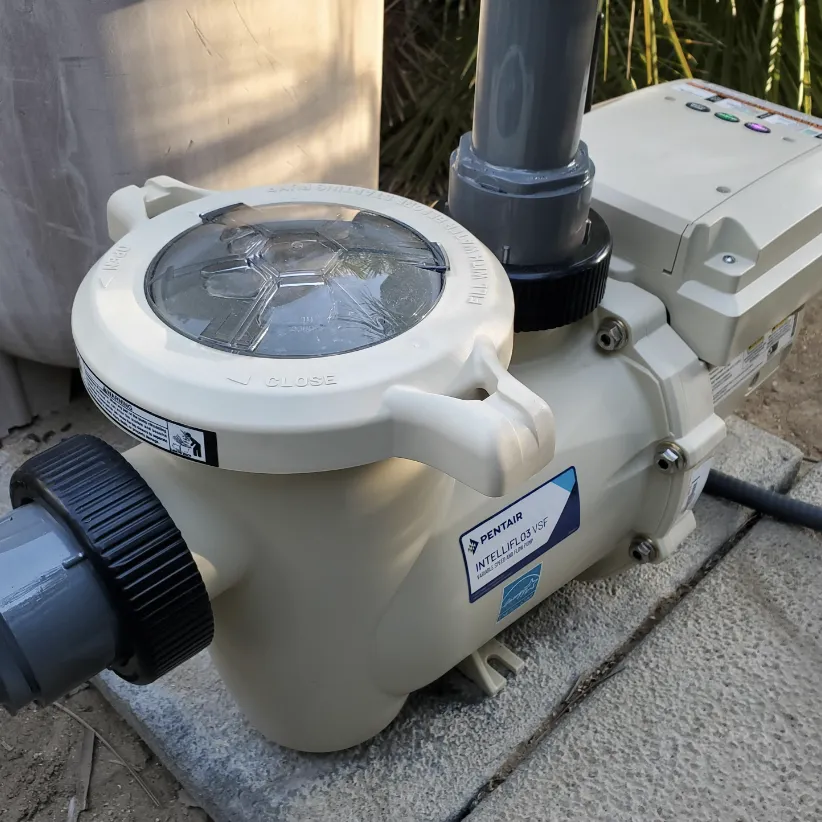
How Much Does It Cost to Replace a Pool Pump? A Comprehensive Guide by Triton Pools
When it comes to maintaining your pool, the pool pump is a crucial component that keeps the water clean and circulating properly. Over time, however, your pool pump may need to be replaced. Understanding how to diagnose a failing pool pump and knowing the costs involved in replacing it can save you time and money. Triton Pools, serving Phoenix, Arizona, is here to guide you through the process.
Diagnosing a Failing Pool Pump
Before jumping into the costs, it’s essential to determine whether your pool pump truly needs replacement. Here are some signs to look for:
Strange Noises: If your pool pump starts making unusual sounds like grinding, screeching, or humming, it may be a sign of internal damage or wear and tear.
Leaking Water: Visible leaks around the pump housing indicate a problem that may require repair or replacement.
Reduced Water Flow: If you notice a significant decrease in water circulation, it could mean that the pump is losing efficiency.
Frequent Tripping of the Circuit Breaker: This suggests an electrical issue within the pump motor.
Age: Pool pumps generally last about 8-10 years. If your pump is older, it might be time for a replacement.
Cost Factors for Replacing a Pool Pump
Several factors influence the cost of replacing a pool pump:
Type of Pool Pump:
Single-Speed Pumps: Generally the least expensive, but less energy-efficient.
Dual-Speed Pumps: Offer energy savings with a moderate upfront cost.
Variable-Speed Pumps: The most energy-efficient and environmentally friendly but come with a higher initial price.
Horsepower (HP): The size of your pool and the pump’s horsepower requirement will affect the cost. Larger pools typically need pumps with higher horsepower, which are more expensive.
Brand and Quality: Reputable brands like Pentair, Hayward, and Jandy offer reliable but sometimes pricier options.
Installation Costs: Professional installation ensures your pump is set up correctly, preventing future issues. Installation costs can vary based on the complexity of the setup.
Local Labor Rates: Labor rates in Phoenix, Arizona, can influence the overall cost of replacement.
Average Costs for Pool Pump Replacement
Here’s a general breakdown of the costs associated with replacing a pool pump:
Single-Speed Pump: $200 - $500
Dual-Speed Pump: $800 - $1,300
Variable-Speed Pump: $1,900 - $4,000
Installation Costs:
Basic installation typically ranges from $150 to $500.
More complex installations can cost upwards of $500, especially if electrical work is required.
Why Choose Triton Pools for Your Pool Pump Replacement?
At Triton Pools, we understand the unique needs of pool owners in Phoenix, Arizona. Here’s why you should trust us for your pool pump replacement:
Expertise: Our technicians are highly trained and experienced in diagnosing and replacing all types of pool pumps.
Quality Service: We use only top-quality brands and ensure professional installation for optimal performance.
Customer Satisfaction: We prioritize your satisfaction with personalized service tailored to your pool’s specific requirements.
Competitive Pricing: We offer transparent and competitive pricing to fit your budget.
Conclusion
Replacing a pool pump is a significant investment, but it’s crucial for maintaining a clean and efficient pool. By understanding the signs of a failing pump and the factors affecting replacement costs, you can make an informed decision. For expert advice, professional installation, and top-notch service in Phoenix, Arizona, trust Triton Pools. Contact us today to schedule your pool pump replacement and keep your pool in perfect condition year-round.
By incorporating these key points and providing detailed information, this blog post will help your audience understand the importance of diagnosing and replacing their pool pump while highlighting Triton Pools as the go-to solution in Phoenix, Arizona.
wHERE WE SERVICE
SERVING PHOENIX METRO ARIZONA
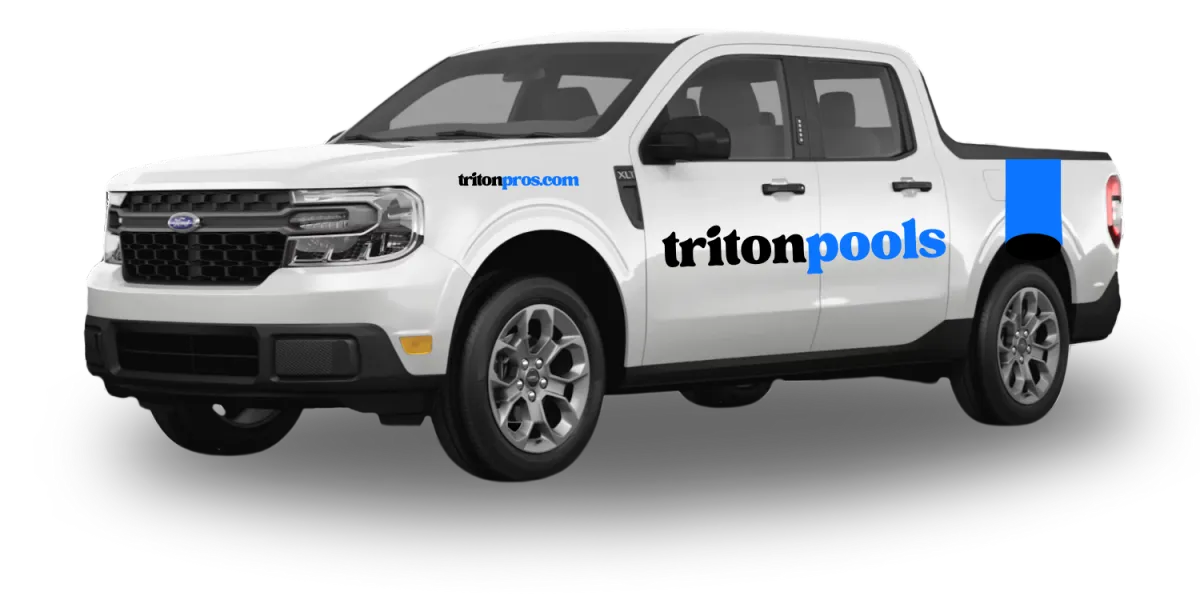
Chandler
Gilbert
Scottsdale
Apache Junction
Mesa
Queen Creek
San Tan Valley
Cave Creek
Litchfield
Laveen
Phoenix
Surprise
Peoria
Glendale
Sun City
Yorktown
Avondale
Goodyear
Buckeye
Waddell
El Mirage


All Things Pools
LIC 355919
